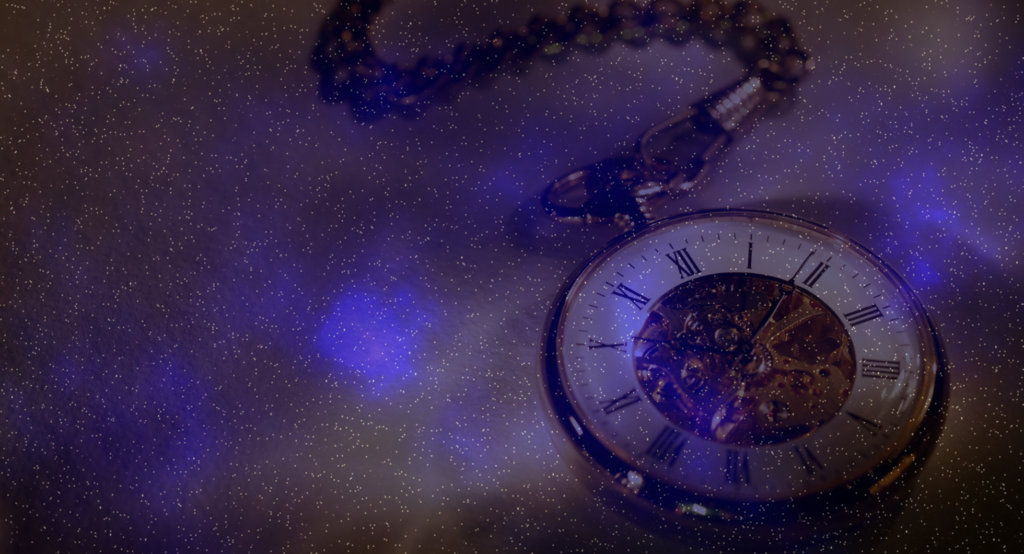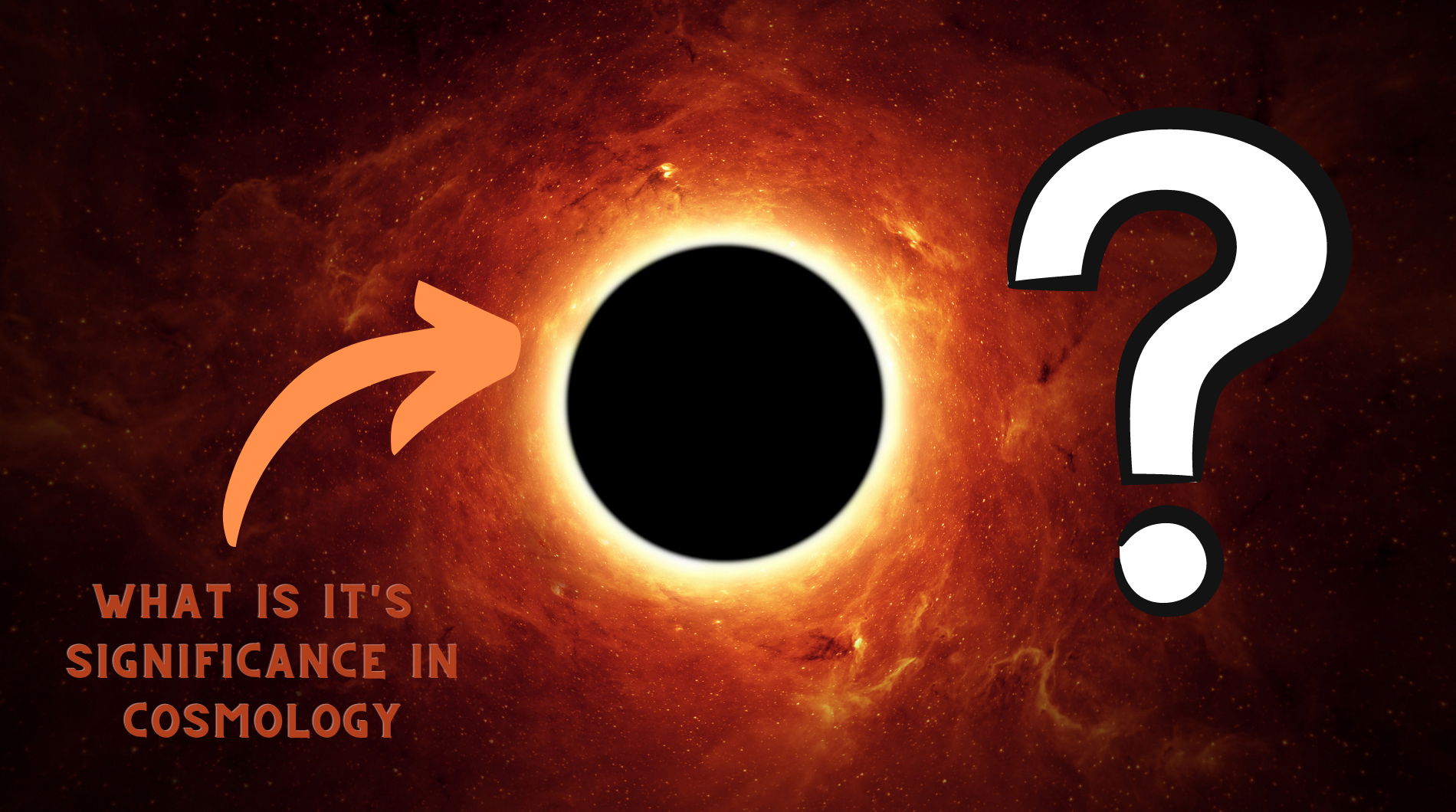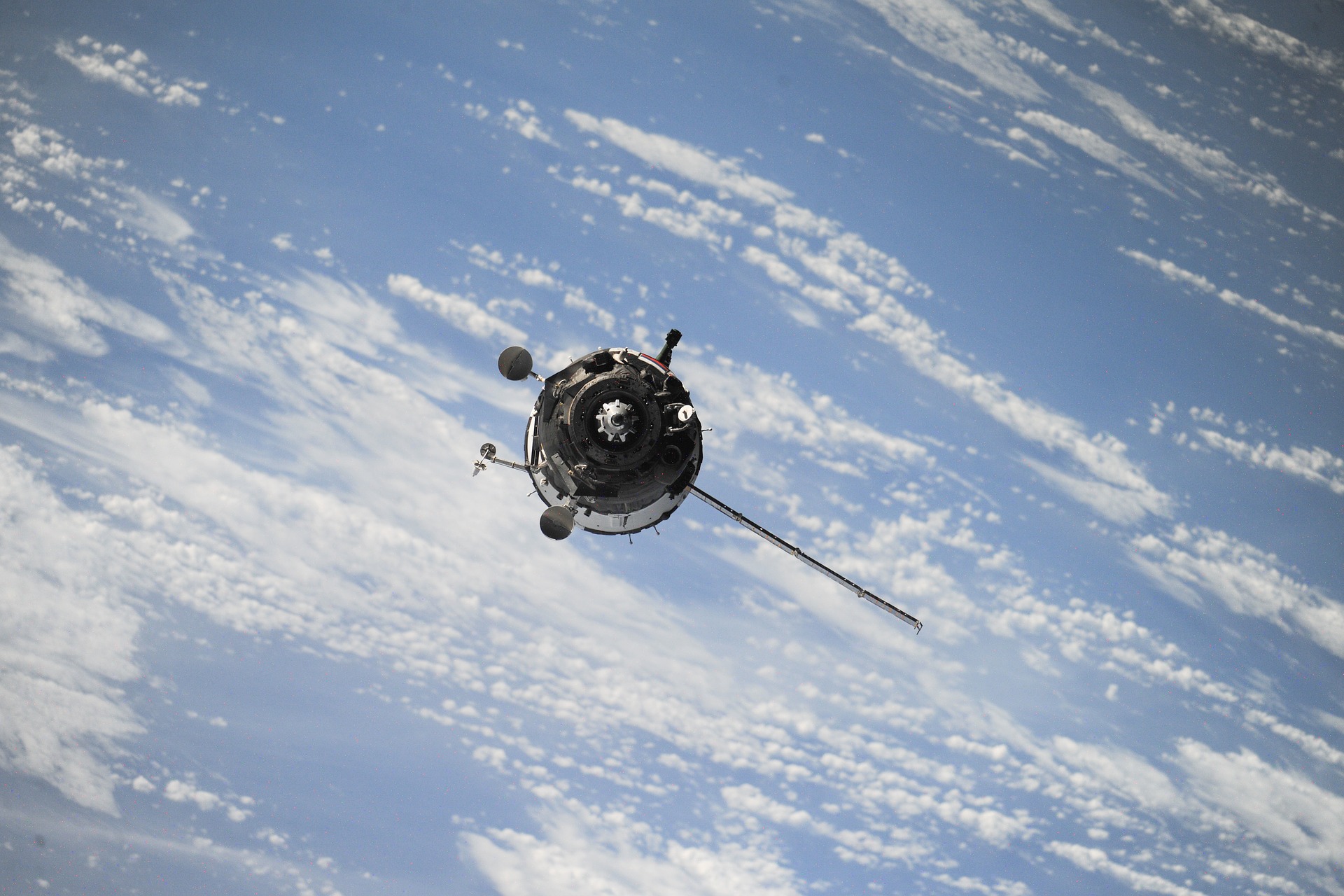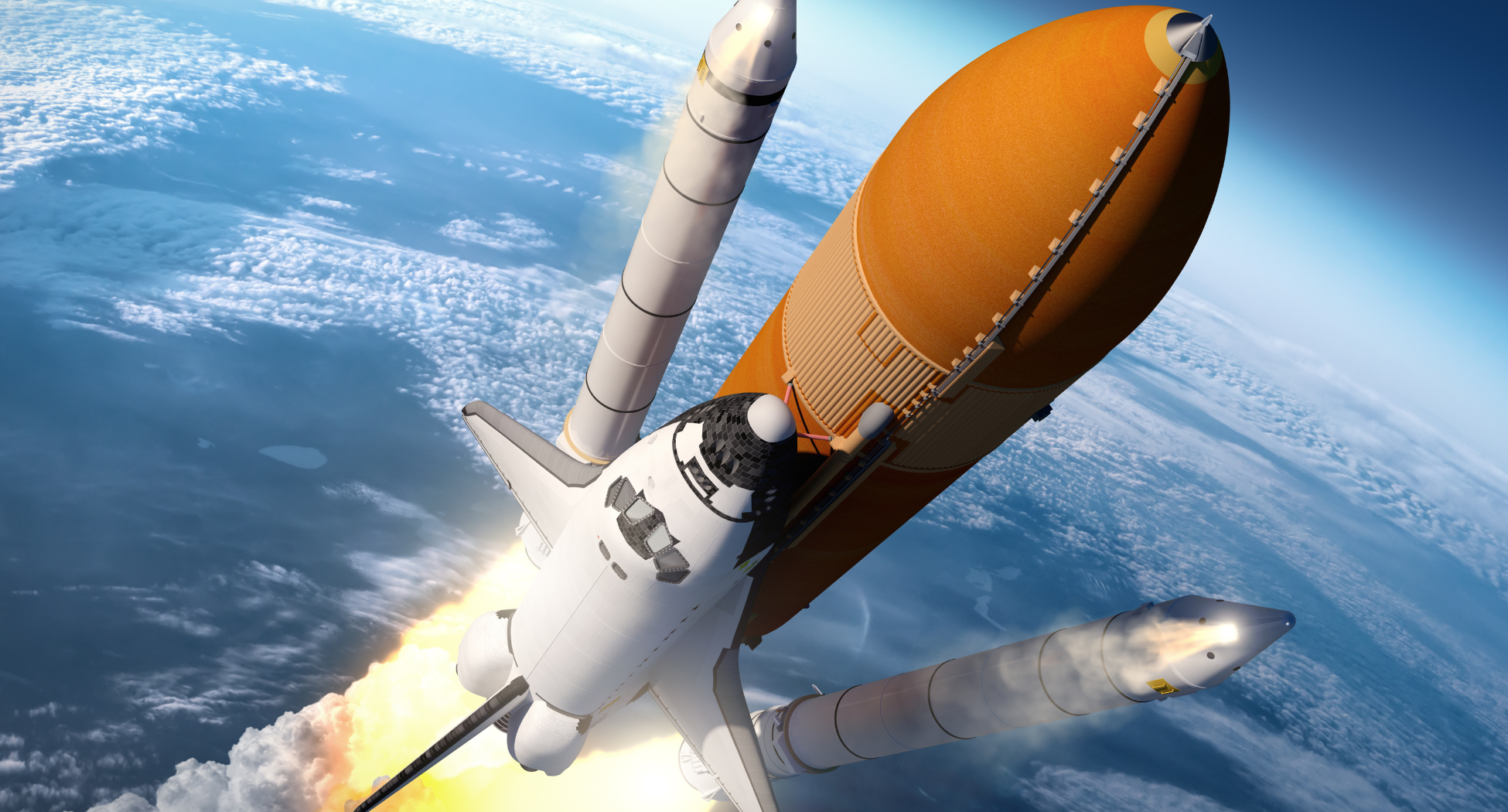How space time will never end

Have you ever imagined what it might be like to sail to space and then go on forever in time? How long will you have to travel to reach the final frontier of space-time? Big questions! But, whatever direction you choose to go, you will never reach any end neither that of space nor of time.
According to Einstein’s General Relativity, the only point where space-time ceases to exist is in a so-called singularity, which is our best current explanation of space and time. Gravitational forces must achieve a certain level of intensity before time and space reach the state of the so-called absolute meaninglessness. However, even after the space-time is contracted to the point of singularity, they do not end at all, instead, they continue existing in a small, unnoticeable form. They will never end.
Space-time will never end: Here’s how?

1) Space-time will never end because it was never created. Even before the Big Bang, there existed space-time in the universe. As the Big Bang created certain conditions, space-time was able to expand. If space-time expands along with the universe, it will go on expanding until eternity.
Eternity here means infinite in space-time. Big Bang theory assumes that the Big Bang event took place, but not from nothing; it originated from a small, unnoticeable particle, which contained all the space, time, matter, energy, and everything. Even on the basis of the existing theory, it’s clear that the universe existed before the Big Bang.
Our eye-lids have just gone upward, and we are just getting ready to our surrounding to a close distance. All we have done is really praiseworthy in this immature age.
2) Space-time never ends because there is no static point in the universe. It means that there is no place where you could place something and say “Ok, this point will be the end of space-time”. There are always objects moving towards it and away from it, creating two dimensions of eternity.
If you were able to stop everything in the universe, creating a zero-point, still you would never reach the end of spacetimes as there would be nothing to stand on to know that you have reached the final frontier. Any object placed on it will fall into an infinite black hole or move further away from you depending on different properties such as density beneath your feet or mass of your body respectively.
Also Read:
- Death of Space-Time
- Why time goes faster as we get older?
- What is Quantum Computing and how does it work?
3) If we trust in the Big Crunch theory and assume that singularity will one day, there won’t still be the end of time. When the Big Crunch event will come to an end, it will still not be static, but dynamic. In the final moment before being crushed by the infinite force of compression, space-time will briefly contract and shrink in a very short period of time.
Then, the whole space-time, matter, and energy will be dwelling in a single point far smaller in size than an atom. As with any other cycle in nature, this cycle will be repeated again and again. It goes on expanding, contracting, and expanding forever. That’s why this currently expanding universe will one day start crunching until it comes where it was started.
So, it shows that space-time sometimes hides, not ‘ends‘; and sometimes it appears as now.
Related Readings:
5) Space-time never ends because of the interaction between dark energy and dark matter. While dark matter always tries to go toward the dark energy, the dark energy forces it to go away from it.
This pull and push game between these two giant forces has been going on for a long time and will never end because both the forces existed even before the beginning of the universe and remain intact after the end of it – i.e. either Big Expansion or the Big Crunch.
6) Space-time is in fact the most basic element of the whole existence. Thinkers may theorize this or that way on the bases of some small clues like the formation of the expansion of the universe along with the knowledge of facts about red-shifting objects. But, it will be just childish to conclude that the size of the universe was once a millionth, or even smaller, than an atom.
Our eyelids have just gone upward, and we are just getting ready for our surroundings from a close distance. All we have done is really praiseworthy in this immature age. But, if we start considering ourselves as a ‘Know All’ guy, our progress is more likely to end soon, but will never the fate of space-time be so. I mean we have just thought of, even not started yet, and have therefore reached nowhere in exploring the truth about space-time.
In brief, space-time has no end because:
- There is no single point in the universe.
- Any object placed on it will fall into an infinite black hole or move further away from you depending on different properties such as density beneath your feet or mass of your body respectively.
- There is no place where we can place something and say “Ok, this point will be the end of space-time”.
- Only ‘Eternity’, meaning infinite in space-time, exists.
- Gravity always exists, which makes space-time expansion and contraction going on between pluralities of objects.
- The universe had existed before the Big Bang and it’s expanding along with the Big Bang.
- There are always objects moving towards it and away from it, creating two dimensions of eternity.
Concluding paragraphs
Hence, we can clearly see that there is no end to space-time, which means that our universe has no boundary in space. And, even before the formation of the universe and after the end of it, there will be no end to space-time itself.
A number of people believe that we should not over-explain everything because we may never be able to understand the final answer. But, actually, it’s necessary to do it as just one person’s theory can never become a breakthrough in science or in any field at all.
The expansion of space-time has set us free from many things such as atomism and determinism – meaning that limit of our randomness is not just to this universe. It also gives us a chance to make an effort towards exploring more about our experience in outer space rather than merely looking at what’s out there.


